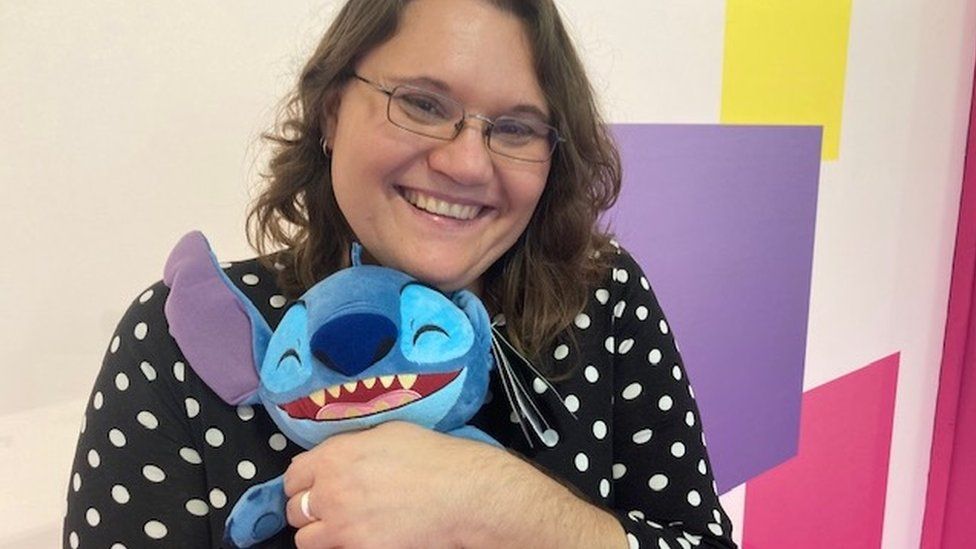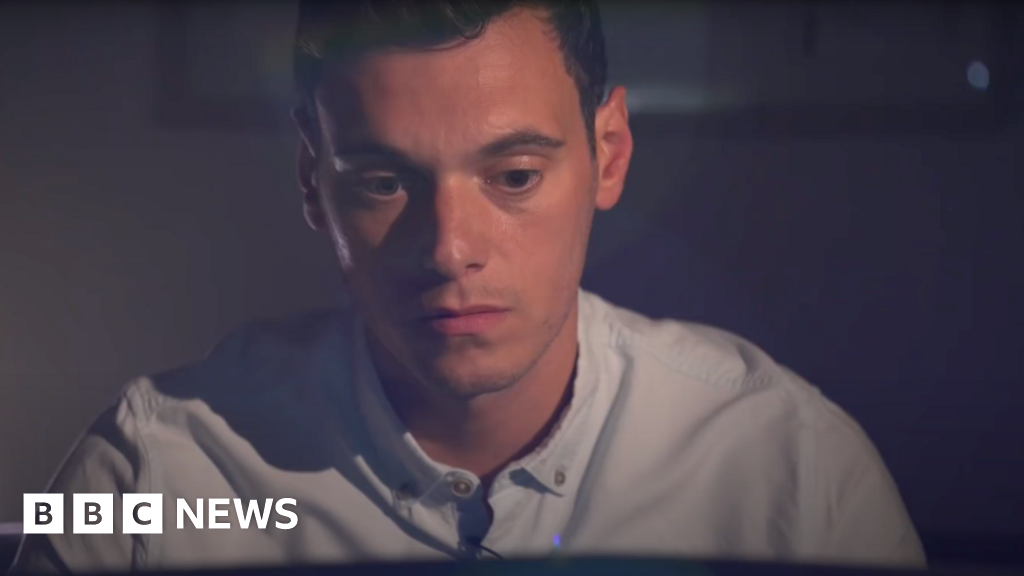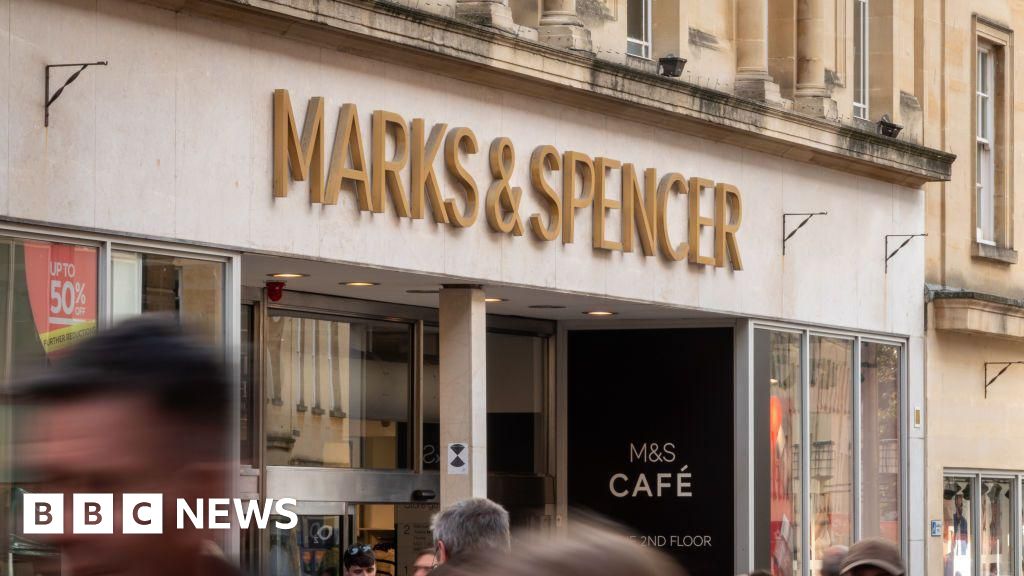ARTICLE AD BOX

Analyst Melissa Symonds says adults are buying soft toys
By Kevin Peachey
Cost of living correspondent
Fail to buy the latest cuddly toy or collectable action figure and there will be tears and tantrums - and that's just the grown-ups.
Sales to so-called "kidults" rose by 6% last year, bucking the 5% downturn in toy sales as a whole in the UK.
Adopting a "can't beat them, join them" approach means this group is buying enough games and toys to account for more than a quarter of the market.
Analysts suggest that is now worth more than £1bn a year.
"The main reasons adults said they were buying for themselves was because toys were fun and also good for their mental health," said Melissa Symonds, executive director at toy data tracking company Circana.
Never too old
Toy manufacturers and retailers had a year to forget last year, with the number of sales down by 7% and a 5% drop in the value of toy trading.
A wet summer particularly hit outdoor toys and games sales, while cost of living pressures put a lid on small, impulse buys.
However, the UK market remains one of the biggest in Europe, worth £3.5bn last year.
The annual Toy Fair, a three-day trade show at London's Olympia, has just ended. Observers would have noted that many of the big companies are increasingly targeting a range of age groups, not just primary and pre-schoolers.
Kidults are defined as aged 12 and over, but Ms Symonds said it was the over 18s driving the increase in sales to this group.
Enthusiast Gareth Edwards has created his own games and has a collection of over 1,000 at home
Gareth Edwards, a self-confessed kidult in his late 50s, was exhibiting his board and card games at the show.
"I have been collecting board games for 43 years, since I was aged 14," he said. "I've got over 1,000 in three rooms of the house. So, I thought why not design one?".
The proceeds are intended for his animal rescue centre charity in County Durham, and others that he supports.
Variety to a game, he said, was the secret to a successful one.
The enthusiasm of older players, via specialist events, shops and cafes accounts for part of the rise in popularity of kidult games. Lockdown days during the pandemic also saw families stuck at home dust off the games cupboard.
Adam Turner says great games need a wider audience
Adam Turner, founder of game distribution business Aleto Games, is another exhibitor who turned his hobby into a business.
"There were games that I played and enjoyed that were hard to get hold of in this country," he said, explaining his motivation for the business.
However, it is not just board games that are driving the rise of sales to kidults. Action figures, collectables, and building sets such as Lego are all appealing to older consumers.
Sellers are now setting their sights on a new market for their wares - kidults, especially those aged over 18
Even cuddly toys - the classic gift to toddlers - are being sold to adults, helped by social media exposure and their perception of helping people to relax.
"There's no shame in it," said Kerri Atherton, head of public affairs at the British Toy and Hobby Association. "It is ok to buy one for yourself."
Simple economics were also at play here, she said. A falling birth rate means there are fewer children for whom to buy toys.
Kerri Atherton says toy manufacturers and retailers are adapting all the time
Families have been hit hard by the rising cost of living. The consumer group Which? said that an estimated 2.4 million households missed or defaulted on at least one mortgage, rent, loan, credit card or bill in the month to mid-January.
But there is a theory that some young adults are going out less, drinking less and so treating themselves instead with a comforting toy.
The toy sector has had a tough year, but second childhoods may just have provided a new seam to exploit.

 1 year ago
69
1 year ago
69








 English (US) ·
English (US) ·